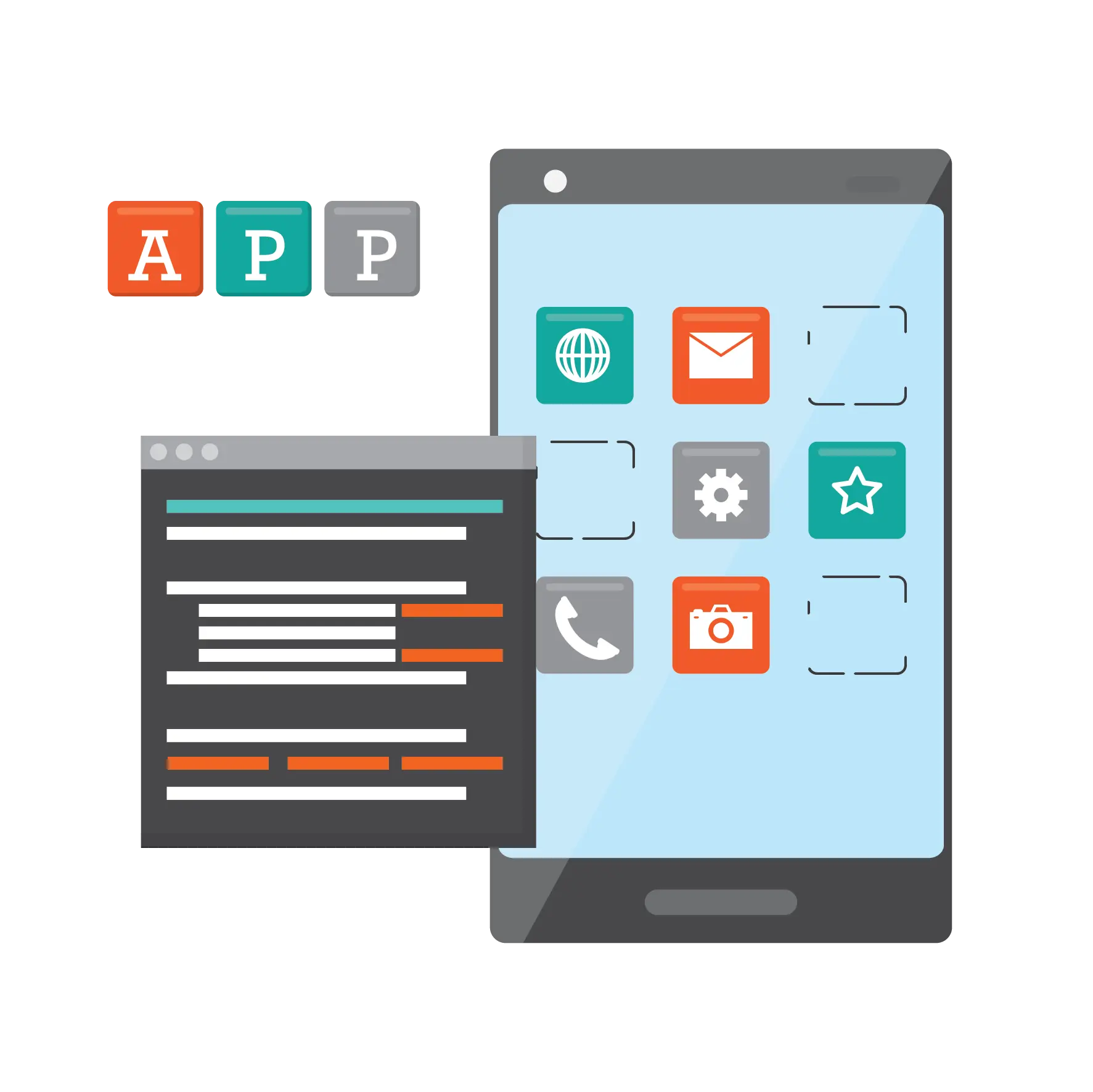Android Mobile Application
Android is an open-source, Linux-based operating system designed for mobile devices such as smartphones and tablets. Developed by the Open Handset Alliance, which is led by Google and supported by various other companies, Android provides a flexible and customizable platform for both users and developers.
About Android Mobile Application
An Android mobile application is a software application specifically designed to run on devices using the Android operating system, such as smartphones and tablets. These apps are developed using tools and technologies provided by Google and the Android development community.
Seamless Android Development with a Creative Edge
To create an exceptional Android app, it’s crucial to find programmers who possess both technical proficiency and artistic design skills. Hyperlink InfoSystem specializes in providing top-notch Android developers who excel in both areas, ensuring that your app not only functions optimally but also boasts an appealing design. If you’re open to outsourcing, their team in India can deliver high-quality results and keep you updated regularly, making it feel like they’re working right next door.

Top-Quality Android Development, Anytime, Anywhere
Customizable User Interface (UI)
Android apps offer extensive customization options for UI elements to provide a user-friendly and visually appealing experience. Developers use XML for layout design and can utilize various design components to create responsive and adaptive interfaces.
Multitasking and Background Processing
Android supports multitasking, allowing users to run multiple apps simultaneously. Background processing features enable apps to perform tasks like syncing data or receiving notifications without interrupting the user’s current activity.
Access to Hardware and Sensors
Android apps can access and utilize device hardware and sensors, such as the camera, GPS, accelerometer, and gyroscope, to provide functionality like location tracking, image capture, and motion detection.
Google Play Store Integration
The Google Play Store is the primary platform for distributing Android apps. Developers can publish their apps to the Play Store, where users can download and install them. The Play Store also provides app reviews, ratings, and updates.
Rich API Support
Android provides a wide range of APIs for various functionalities, including networking, data storage, multimedia, and location services. These APIs enable developers to build feature-rich applications that leverage device capabilities.
Multi-Language Support
Android supports multiple languages and locales, allowing developers to create apps that can cater to a global audience. Localization features enable apps to display content in different languages based on user preferences.
Security Features
Android includes built-in security measures to protect user data and privacy. These features include app permissions, secure data storage, and regular security updates. Developers must follow best practices to ensure their apps are secure and compliant with privacy regulations.
Flexibility and Customization
Android’s open-source nature allows for extensive customization of the operating system and app features. Developers can create apps tailored to specific use cases and integrate them with custom ROMs or third-party services.
Fragmentation Handling
Android apps need to handle device fragmentation, which involves working across various screen sizes, resolutions, and hardware configurations. Responsive design and adaptive layouts help ensure a consistent user experience on different devices.
